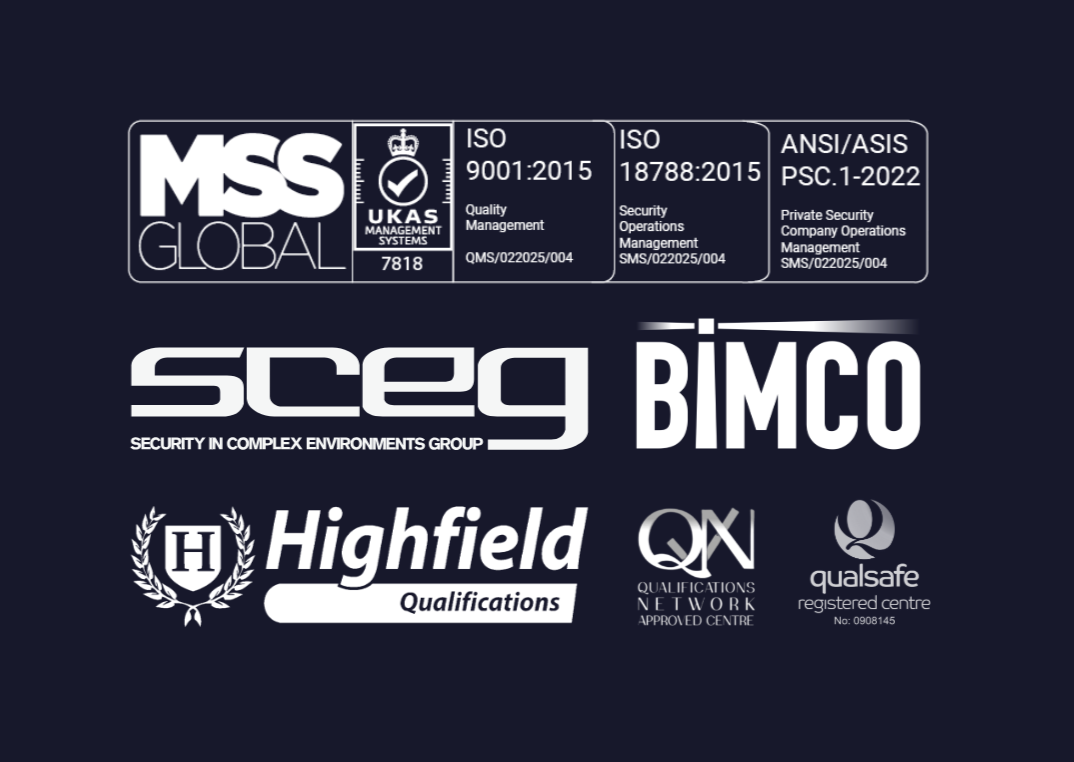Firefighters and emergency responders seeking to enhance their operational capabilities with drone technology in firefighting scenarios.
Fire Department Personnel involved in incident management and resource allocation.
Safety Officers or risk management professionals focusing on incorporating innovative technologies into emergency response strategies.
Drone Operators looking to specialise in firefighting applications and improve their skills in aerial operations.
Public Safety Personnel interested in understanding the integration of drone technology in crisis management.
Age Requirement:
Must be at least 18 years old.
Basic Understanding of UAV Technology:
Familiarity with the basic principles of drone operations is preferred but not mandatory.
Physical Fitness:
Participants should be physically capable of participating in practical exercises, including operating drones in varying environments.
ID Verification:
A valid government-issued ID will be required for registration.
The Firefighter Drone Operator (FDO) Training Course is a 4-day program, with each day consisting of approximately 8 hours of instruction, practical exercises, and assessments. Overall, participants will engage in a total of 32 hours of intensive training, designed to balance theoretical knowledge and hands-on experience.
Upon completion, participants will have gained comprehensive knowledge and skills in:
Drone Operations in Firefighting:
Understanding different types of drones and their functionalities in emergency scenarios.
Thermal Imaging Applications:
Utilising thermal cameras for locating victims and identifying fire hotspots.
Precision Flying Techniques:
Navigating drones in confined spaces and high-risk environments.
Sensor Integration:
Employing various sensors for hazard detection and situational analysis.
Live Streaming Capabilities:
Setting up drones for real-time data sharing to enhance incident management.
Mission Planning:
Developing effective strategies for executing firefighting missions based on drone imagery and real-time data.
Book your place
Please use the form below to book your place on the course today.
If you have any questions then please contact us or see the FAQ section below.
Firefighter Drone Operator (FDO)

